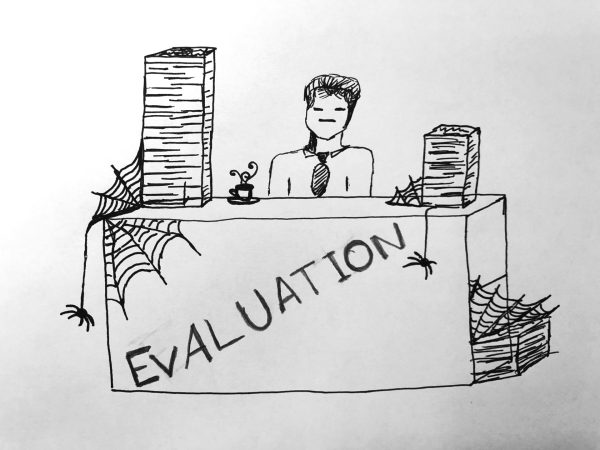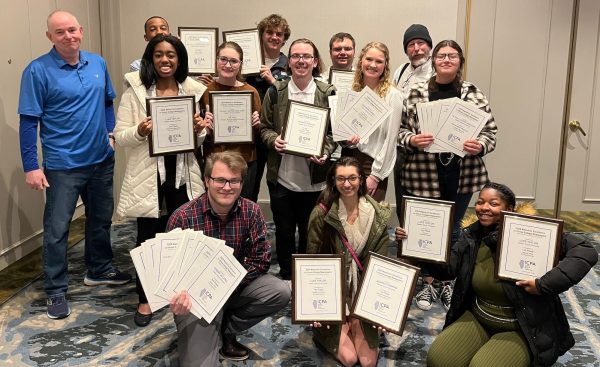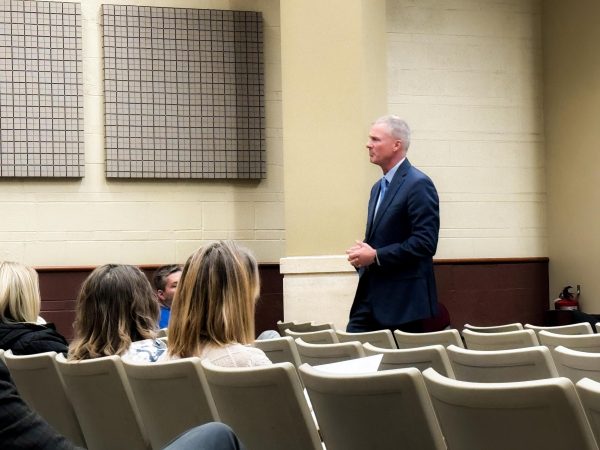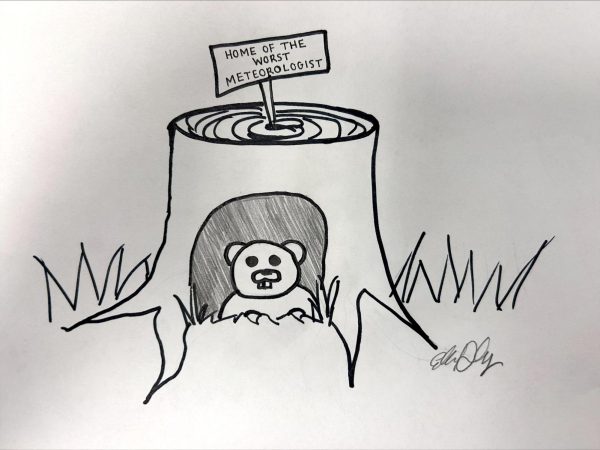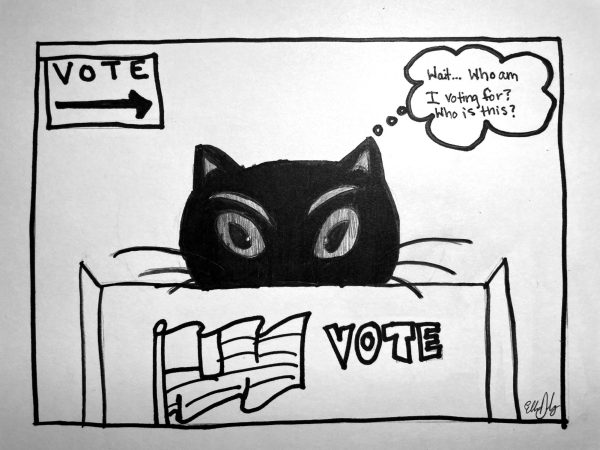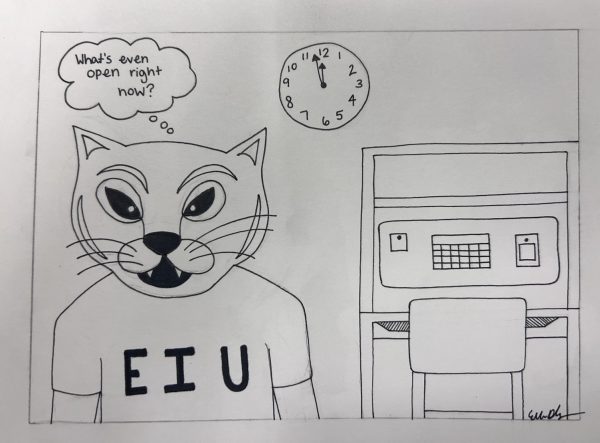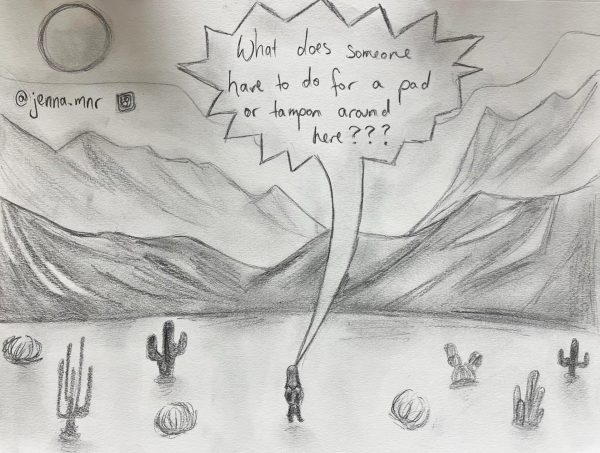Media literacy is important to practice
January 8, 2018
With the end of every year comes the annual “end-of-year” lists, where we get to find out what people thought were the best and worst aspects of 2017.
According to USA Today, a Marist Poll found that 23 percent of Americans believe “fake news is the second-most annoying phrase used in casual conversation” in 2017.
It is interesting that it is this phrase that people find annoying, given that it is used so often, especially by a certain President. If any word or phase is pounded into people’s heads long enough, people will become irritated by it.
However, this annoyance and distaste for “fake news” should not discount how important it is, perhaps these days more than ever, to be media literate.
Media literacy, as defined by the aptly-named Center for Media Literacy, is “the ability to access, analyze, evaluate and create media in a variety of forms.”
Though the “media” part of the term might make people think this is a skill only journalists need, the ability to think critically and really analyze the media one consumes is helpful for everyone.
That way, you know the information you are getting is accurate, and you are not making decisions based on erroneous facts.
It might be easier or more validating in the moment to rely on news that confirms your own worldview and biases, but in the end, you will be drowning in misinformation and not getting the full story about the current events that affect your life.
It changes the way we vote, the actions we take, the people we associate with and more.
Accepting the truth and the fact that your world is not quite what you thought it was can be hard, but it will be worth it in the end.
And hey, it will even make you look smarter on Facebook when you are not sharing articles that your friends debunk with a snarky comment.
But how do you know whether a piece of news is “real” or “fake”?
It is not as hard as one might think.
For one thing, consider where you are getting the news.
Are there an abundance of opinions in the article?
Does it seem like the article is trying to get you to think or feel a certain way, or believe something?
And always read beyond the headline before sharing an article.
While a credible news story will have an accurate headline, a “fake news” article will have an inflammatory or misleading headline instead, with the goal of outraging you into spreading it around.
It is not the goal of sound, real journalism to merely get “clicks” or “likes.”
Real journalism is about informing the public and protecting the right to know. As student journalists, we realize how big this responsibility this is.
We do not want this, or our reputation tarnished, by people posing with a certain agenda. We hope our readers know that even with the abundance of “fake news” out there, most journalists are credible and reliable people who want to do their job well.







































